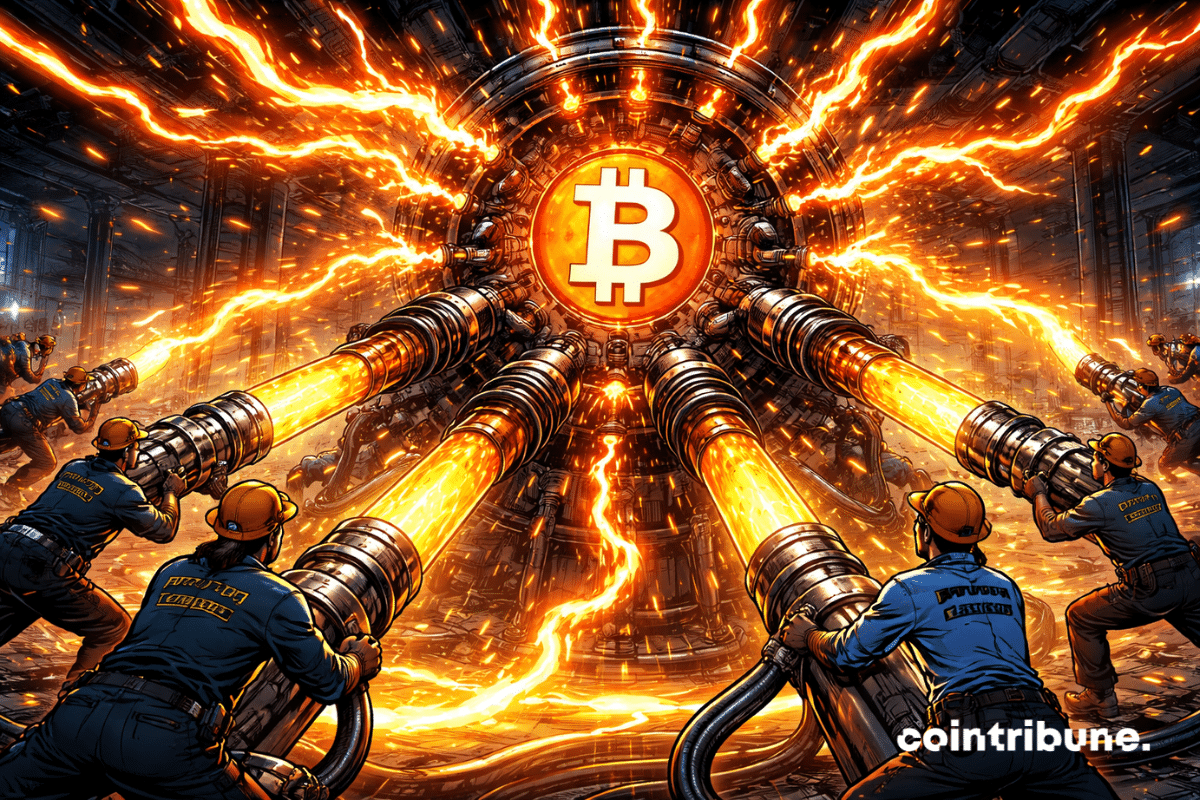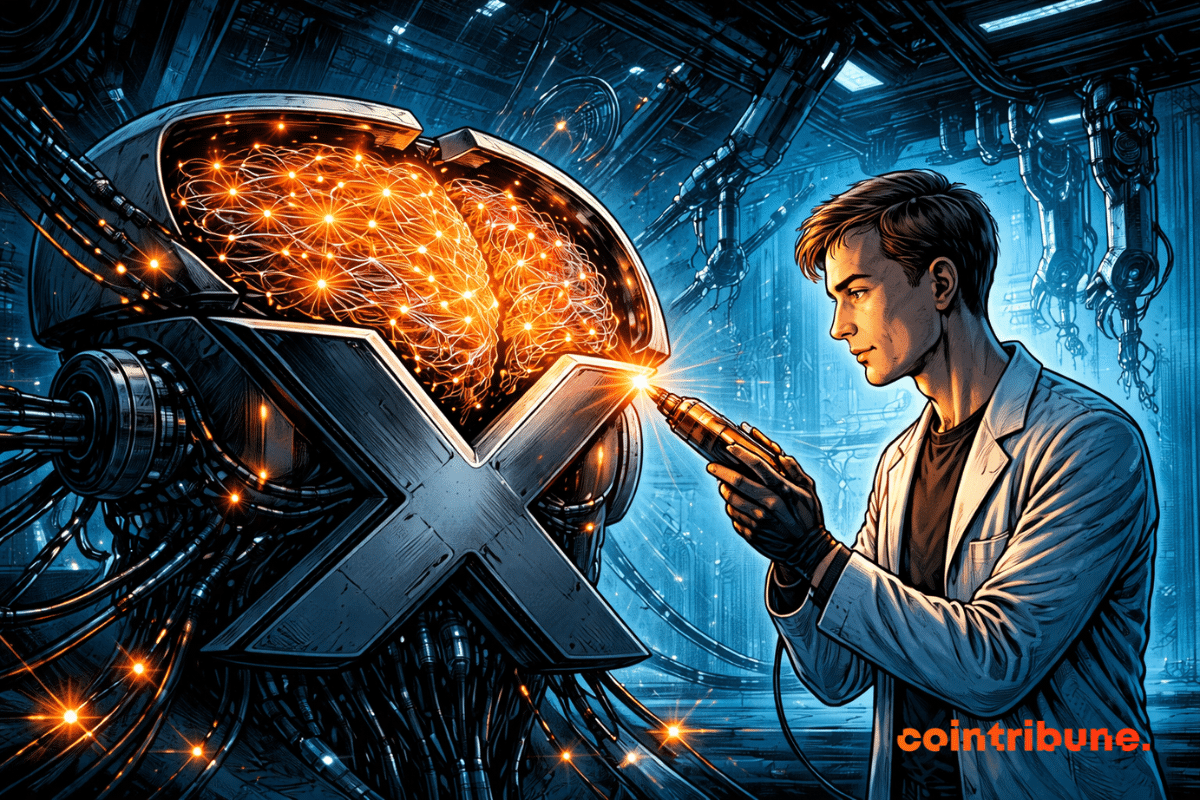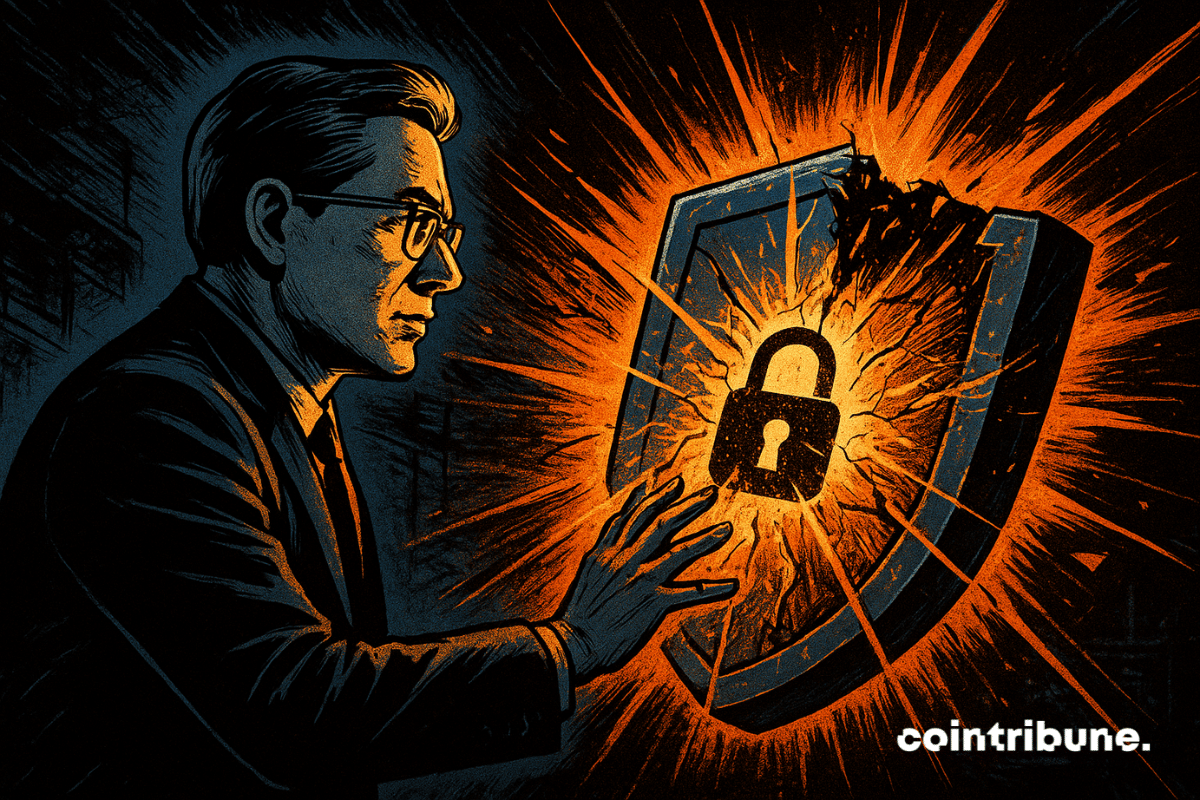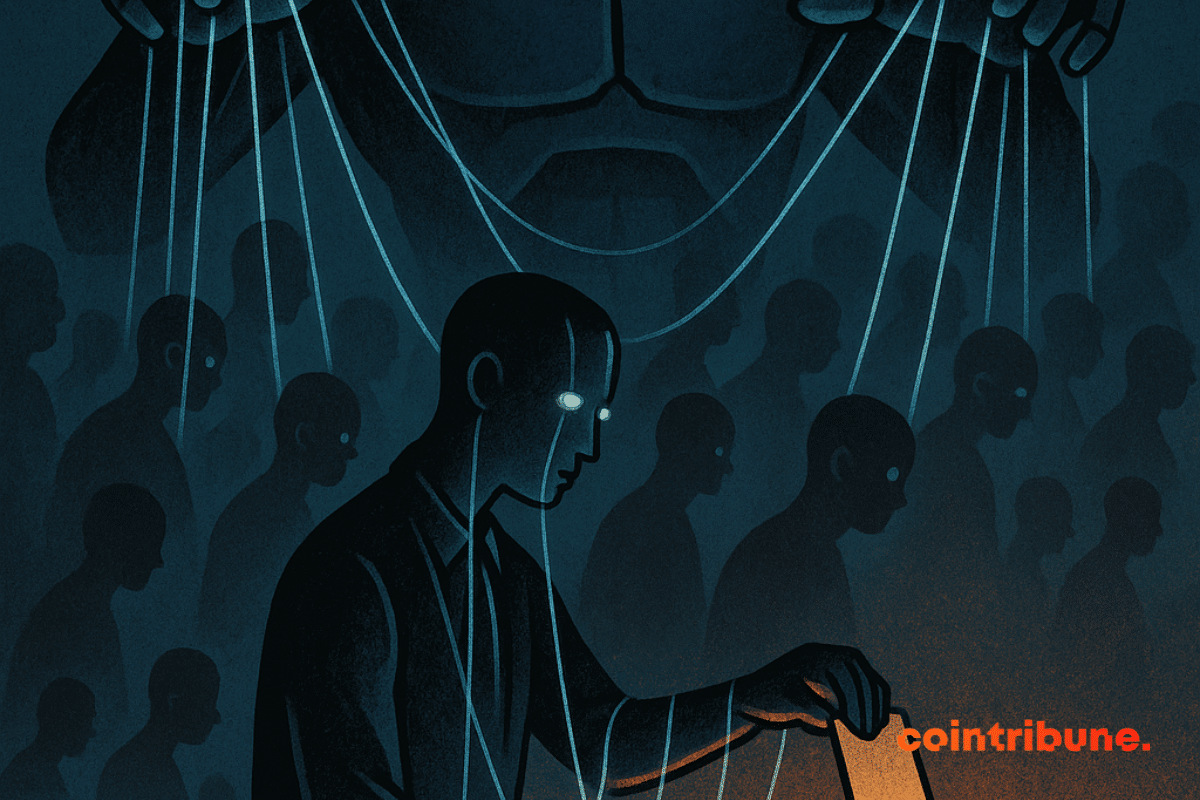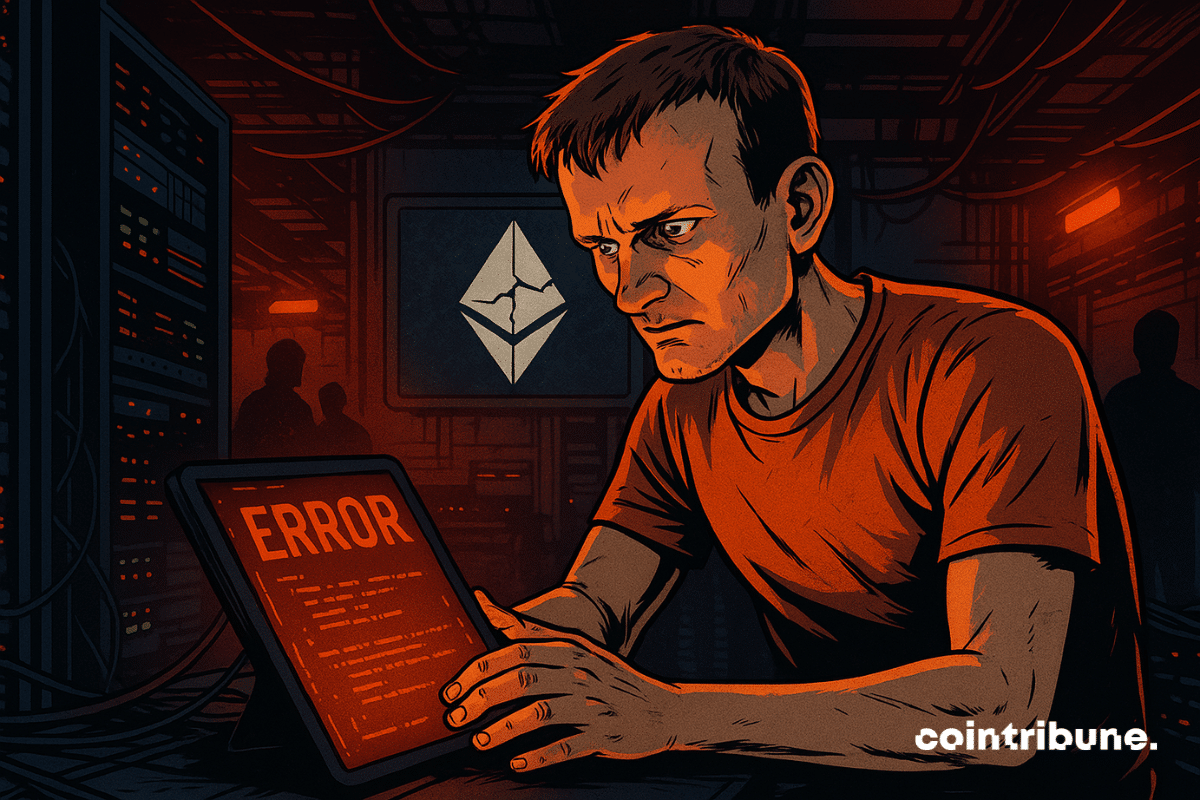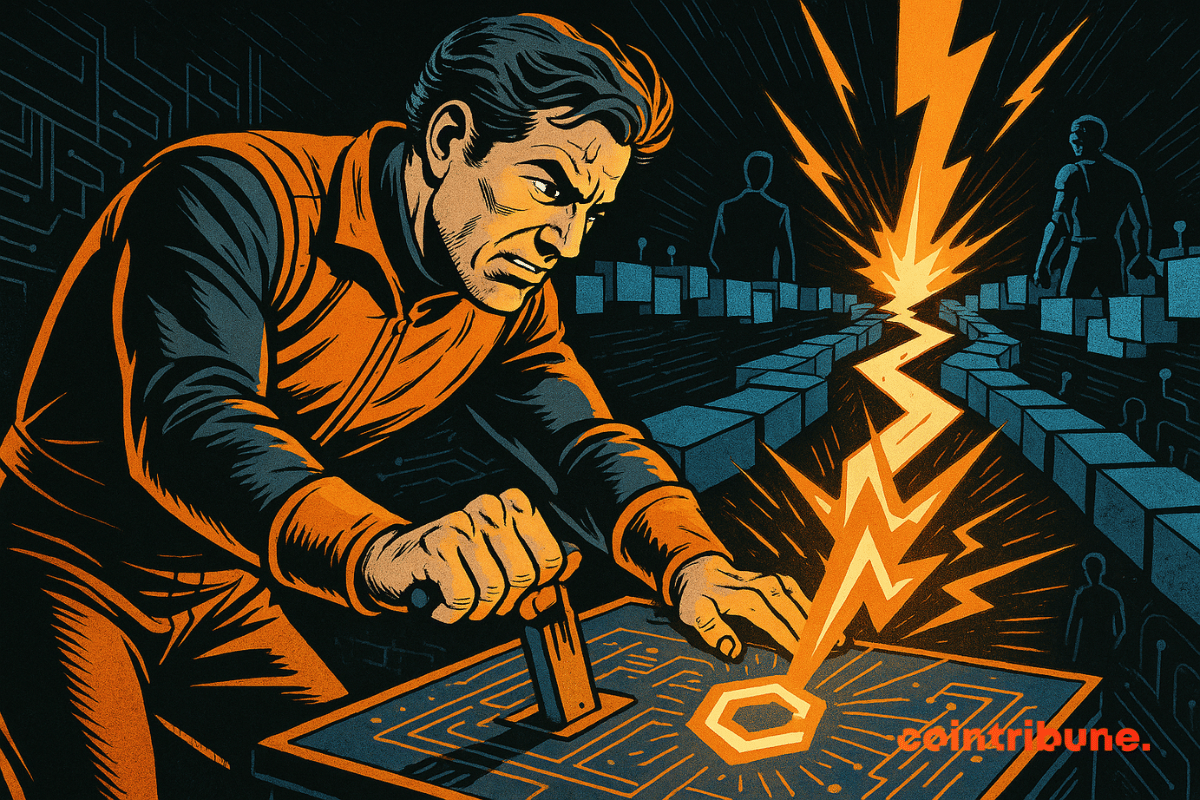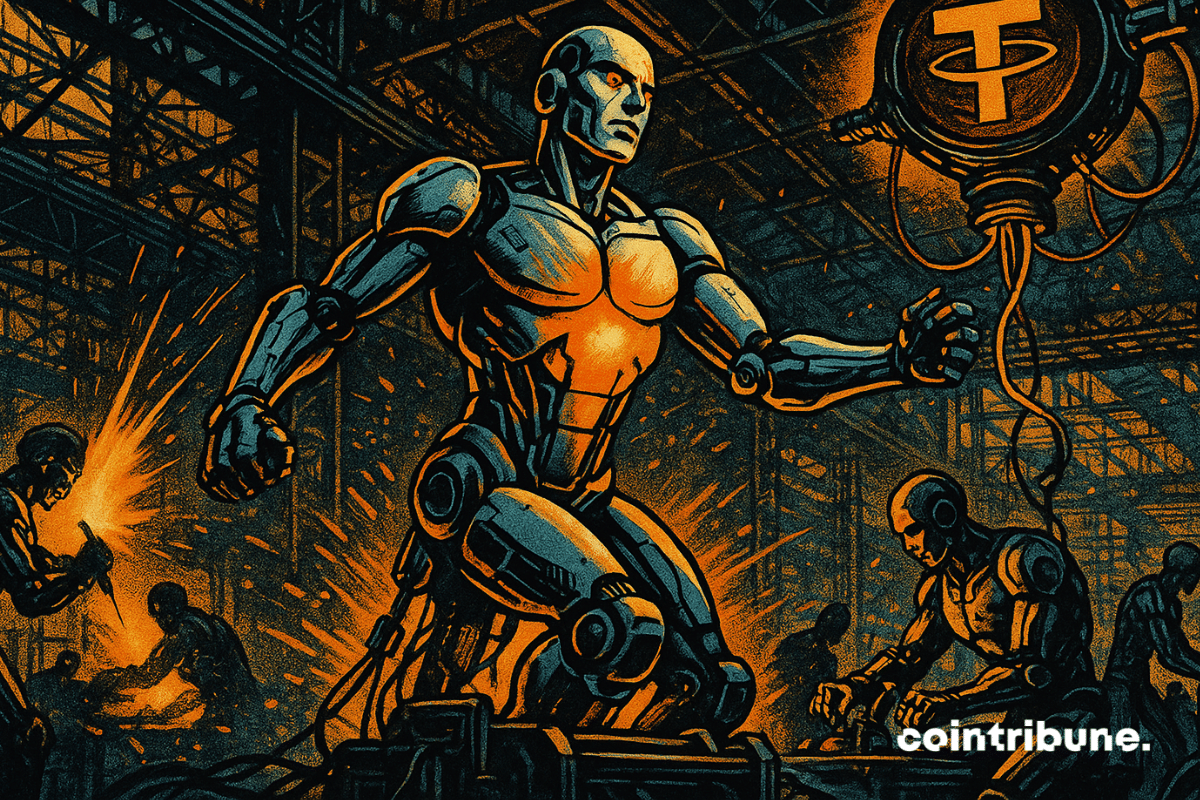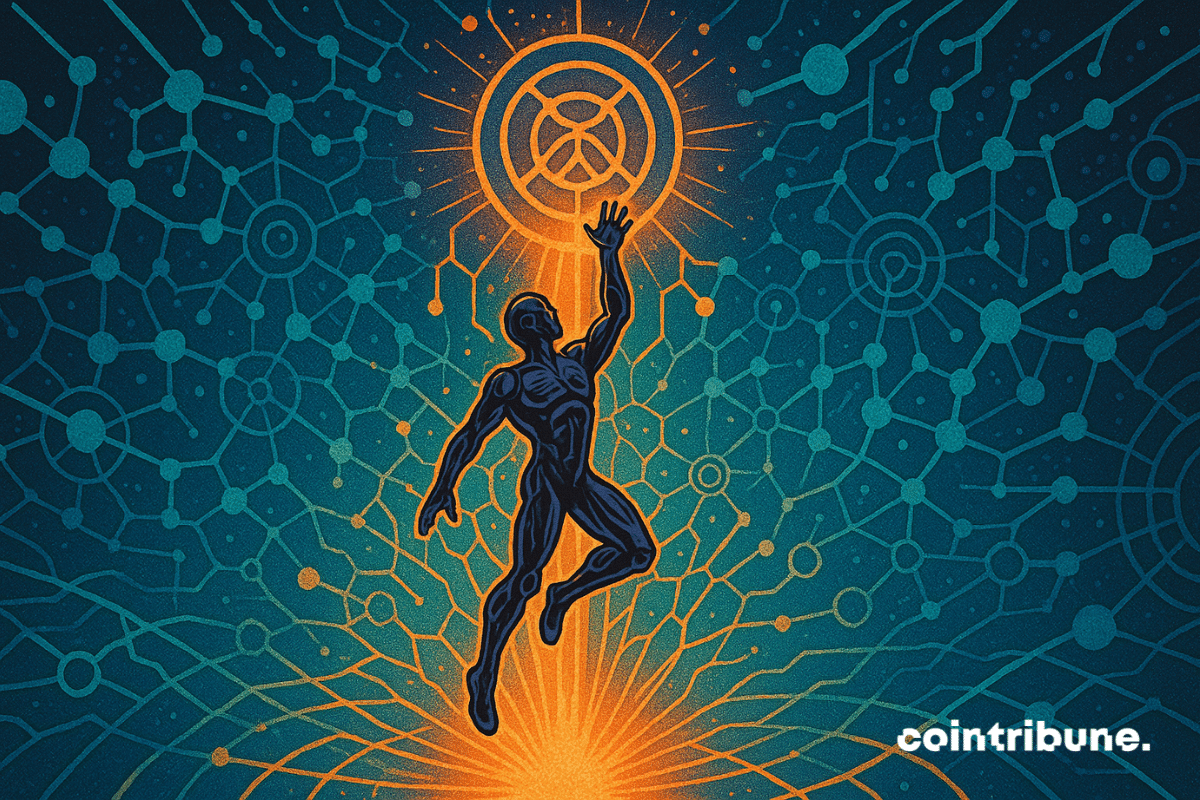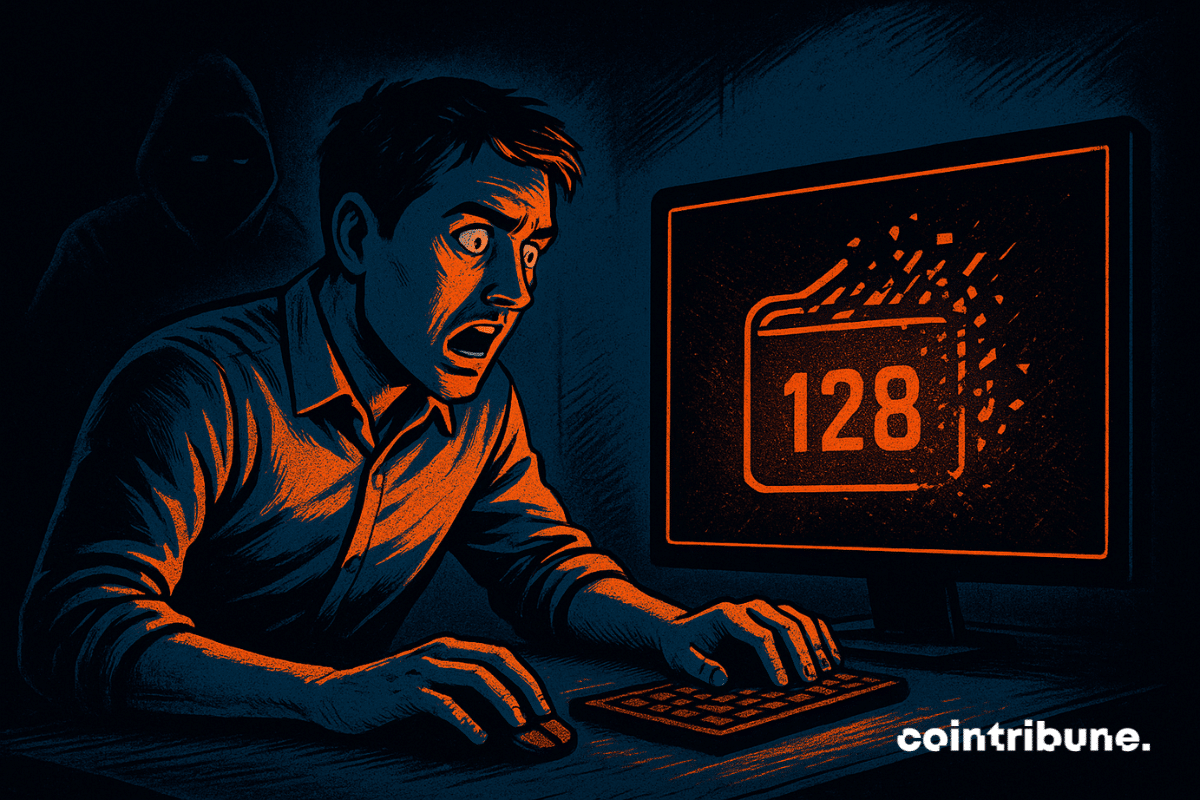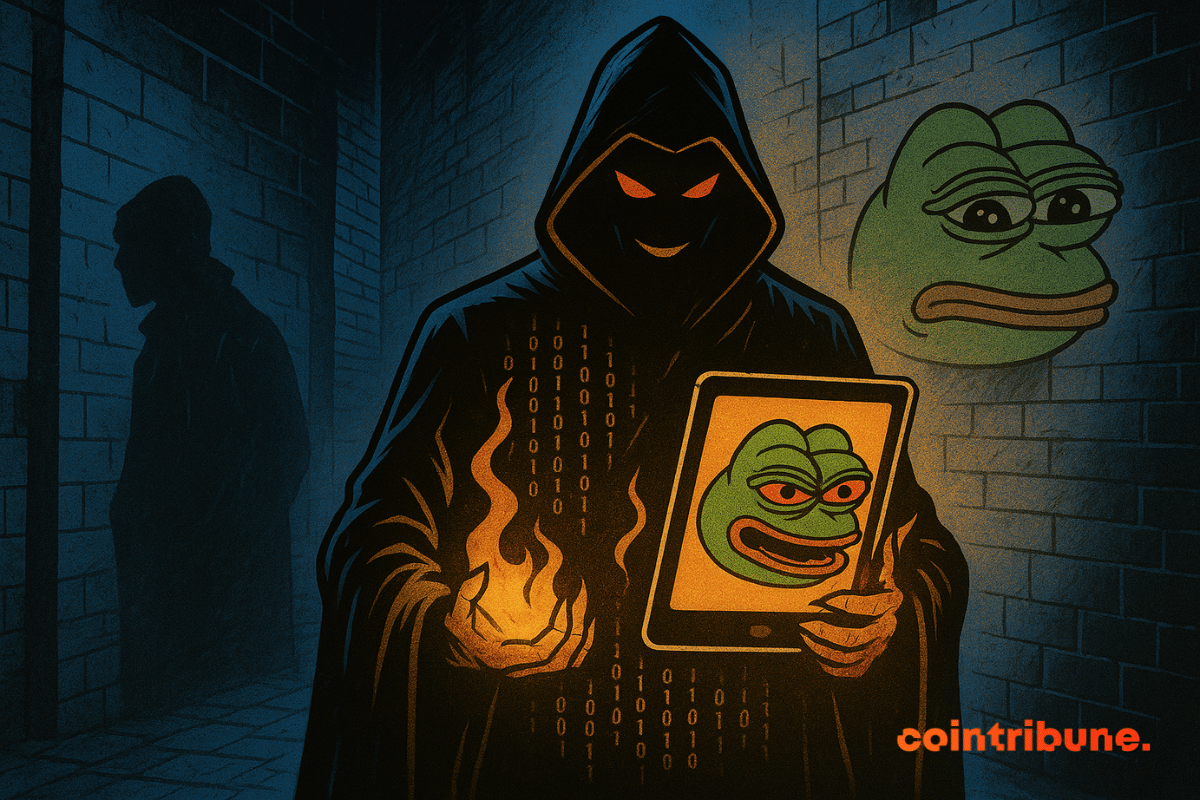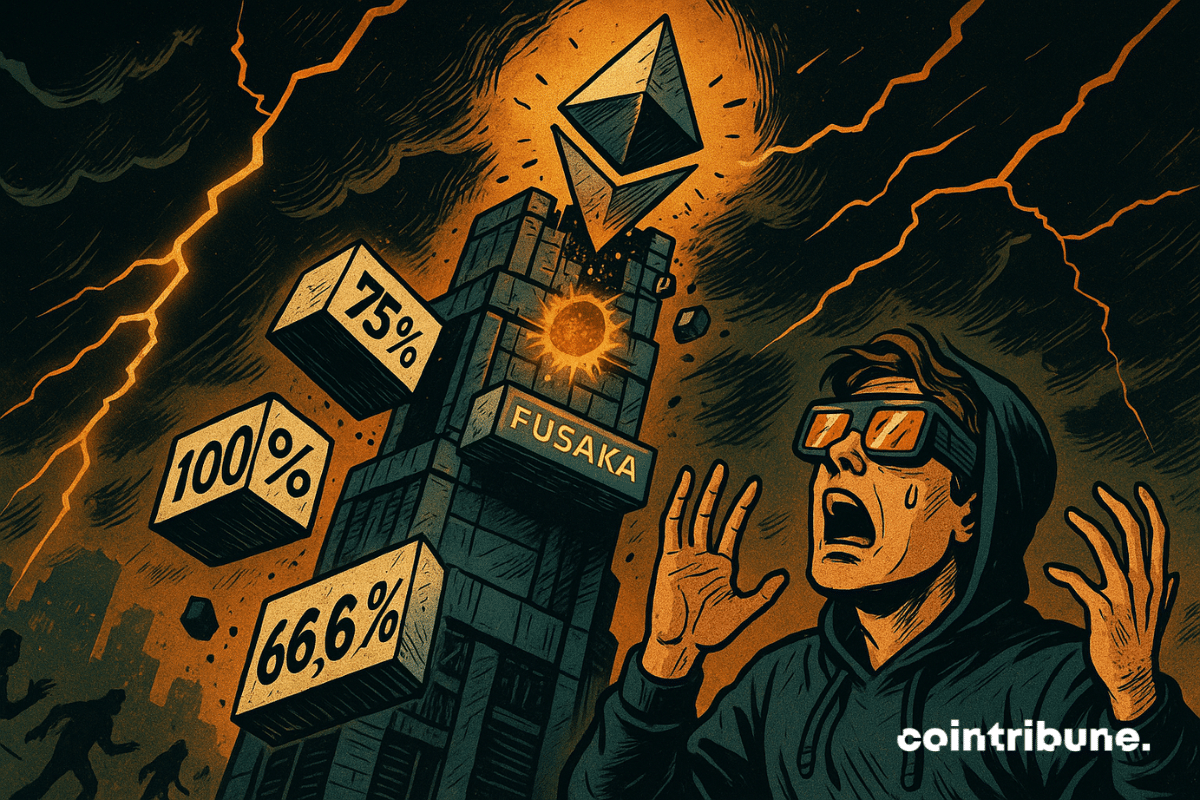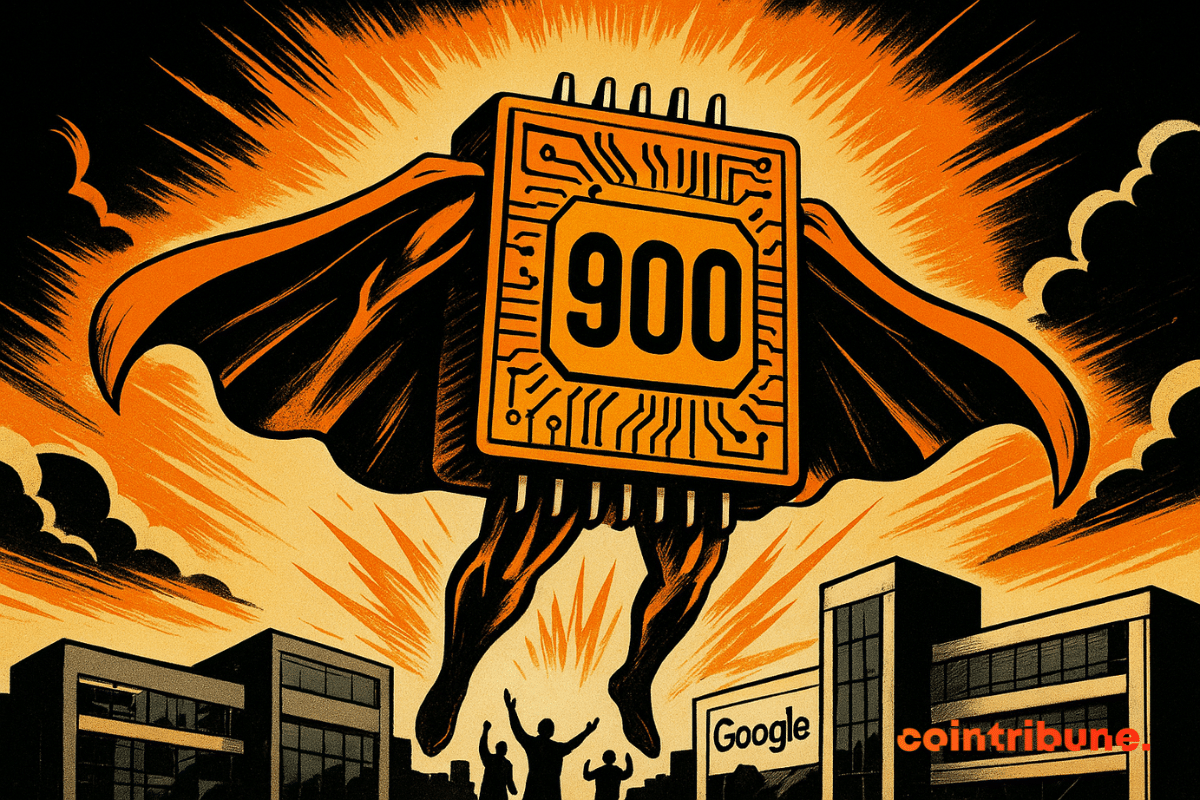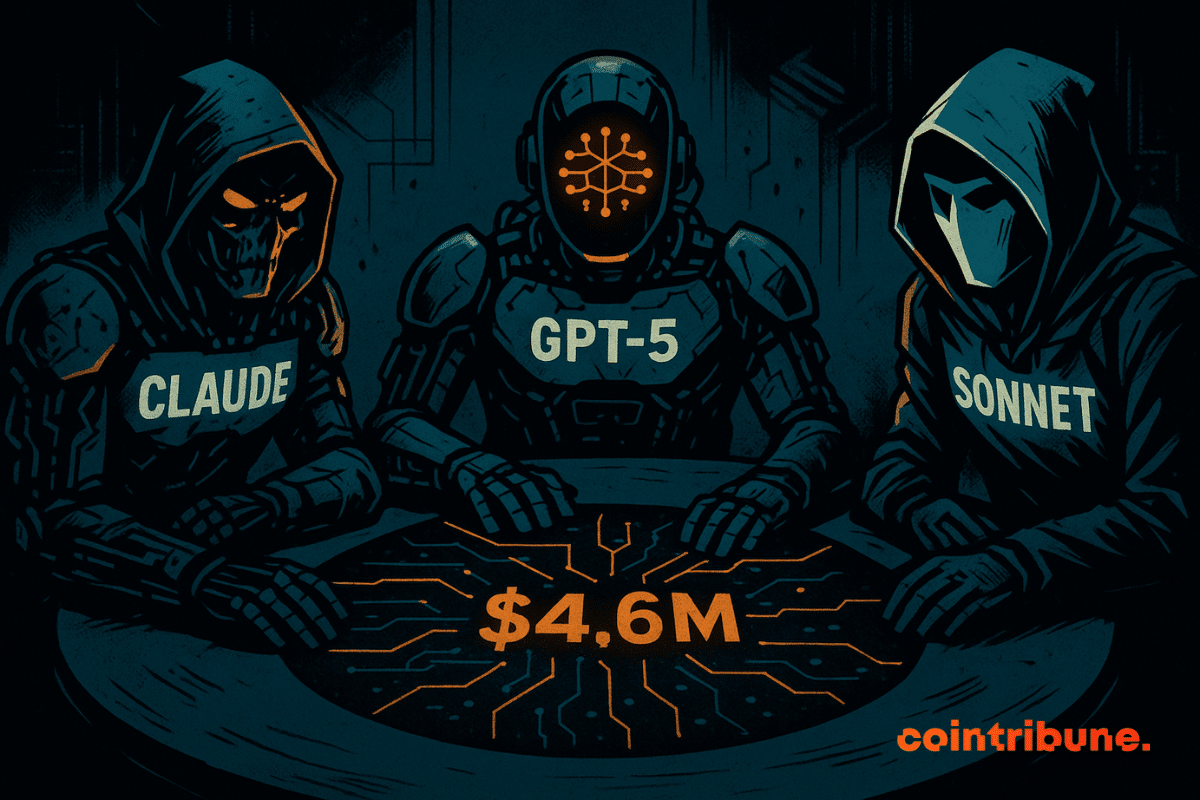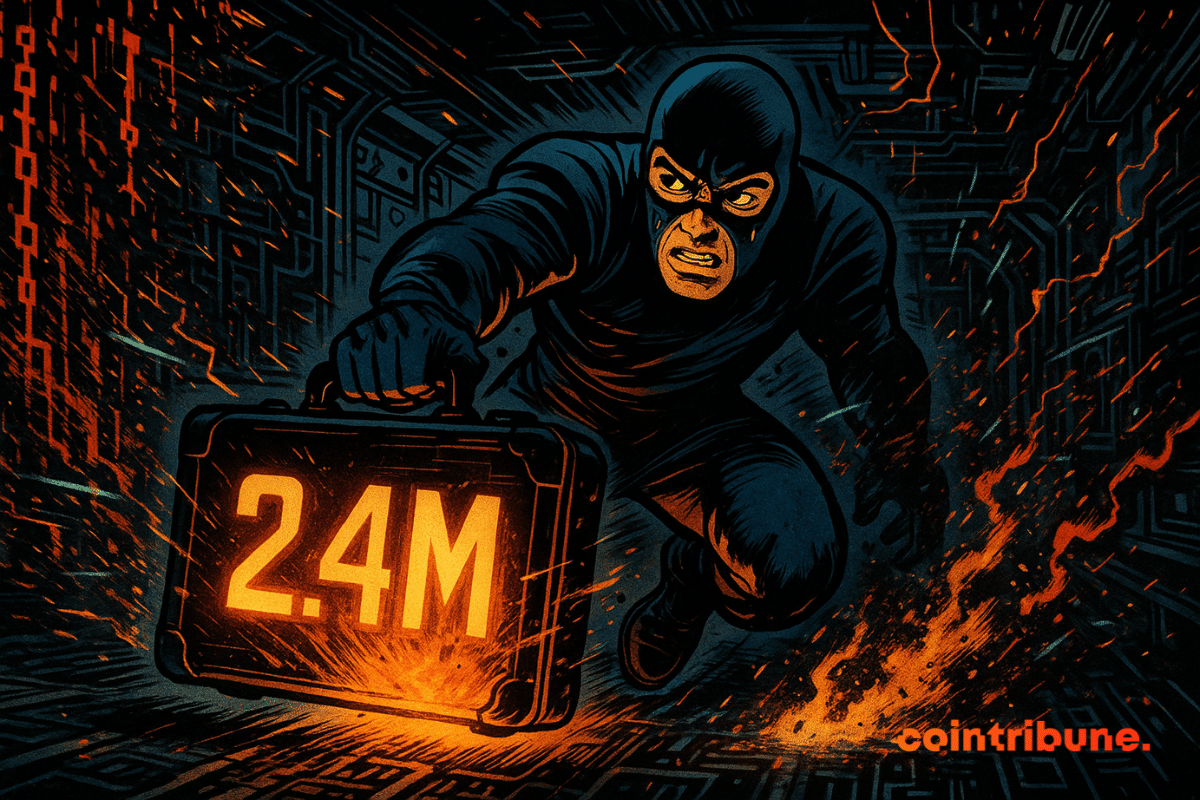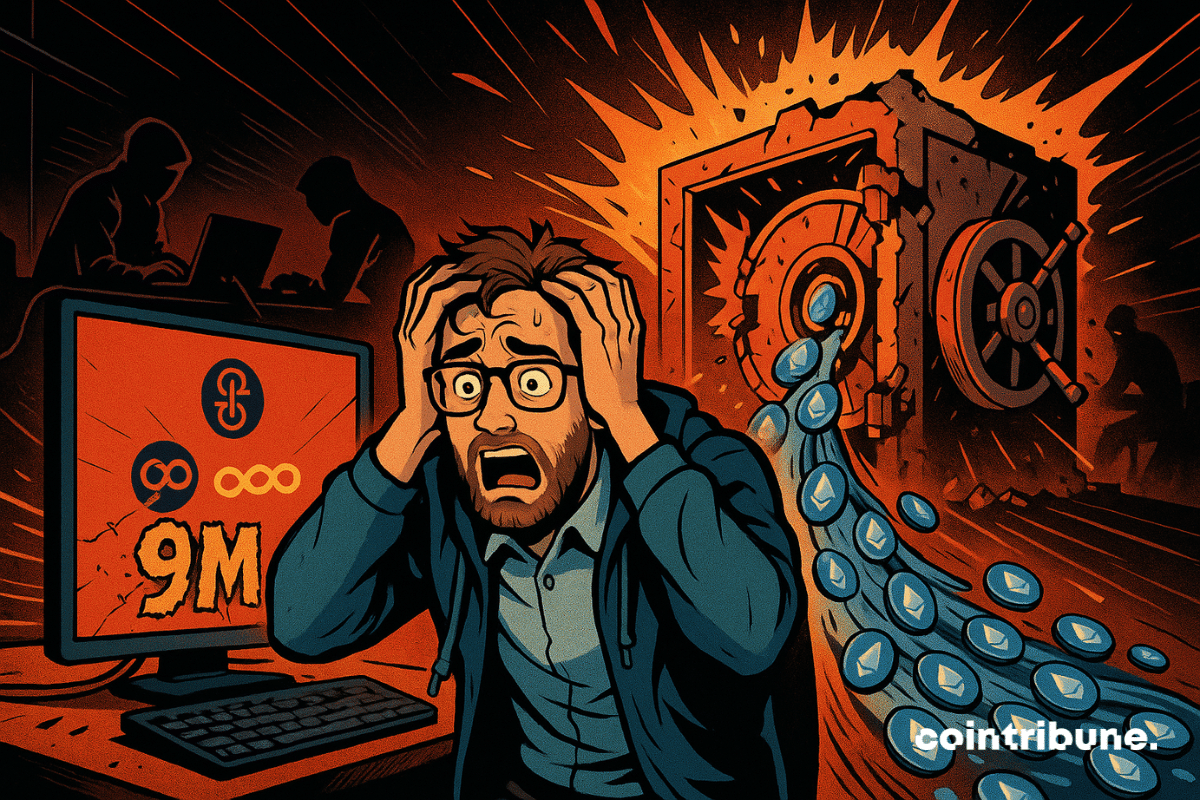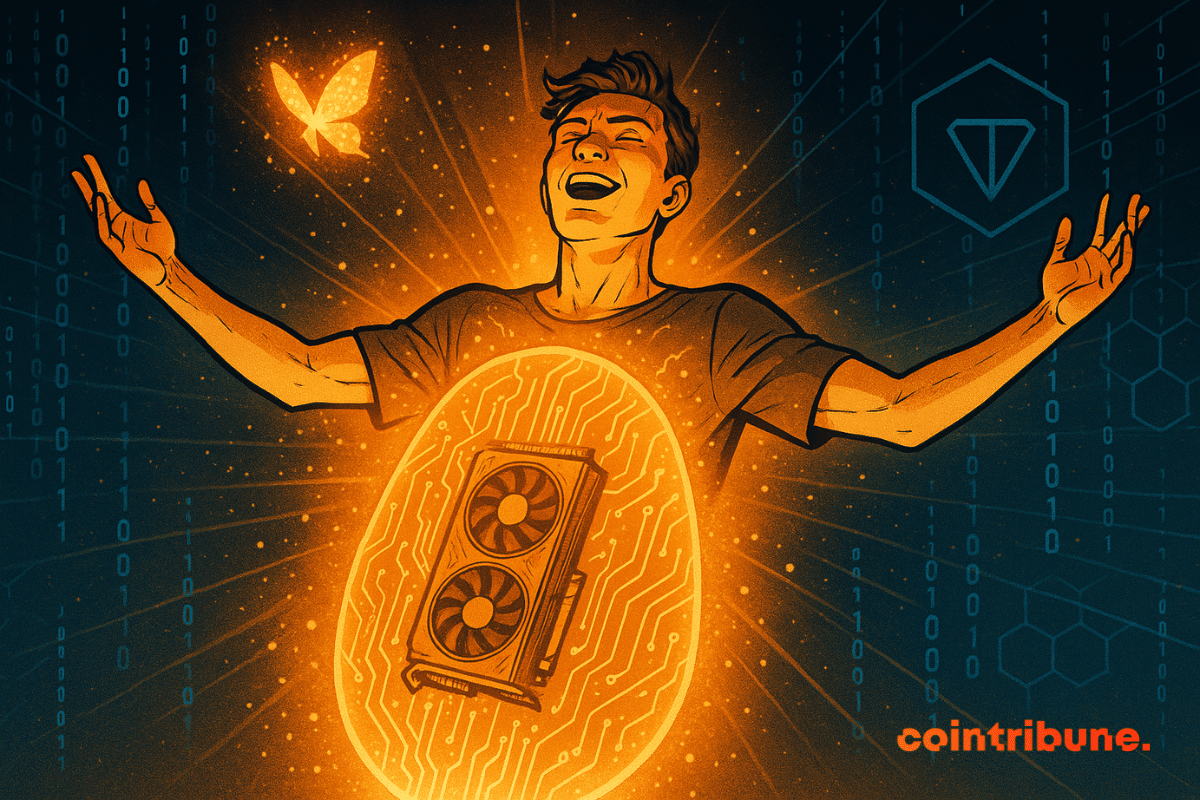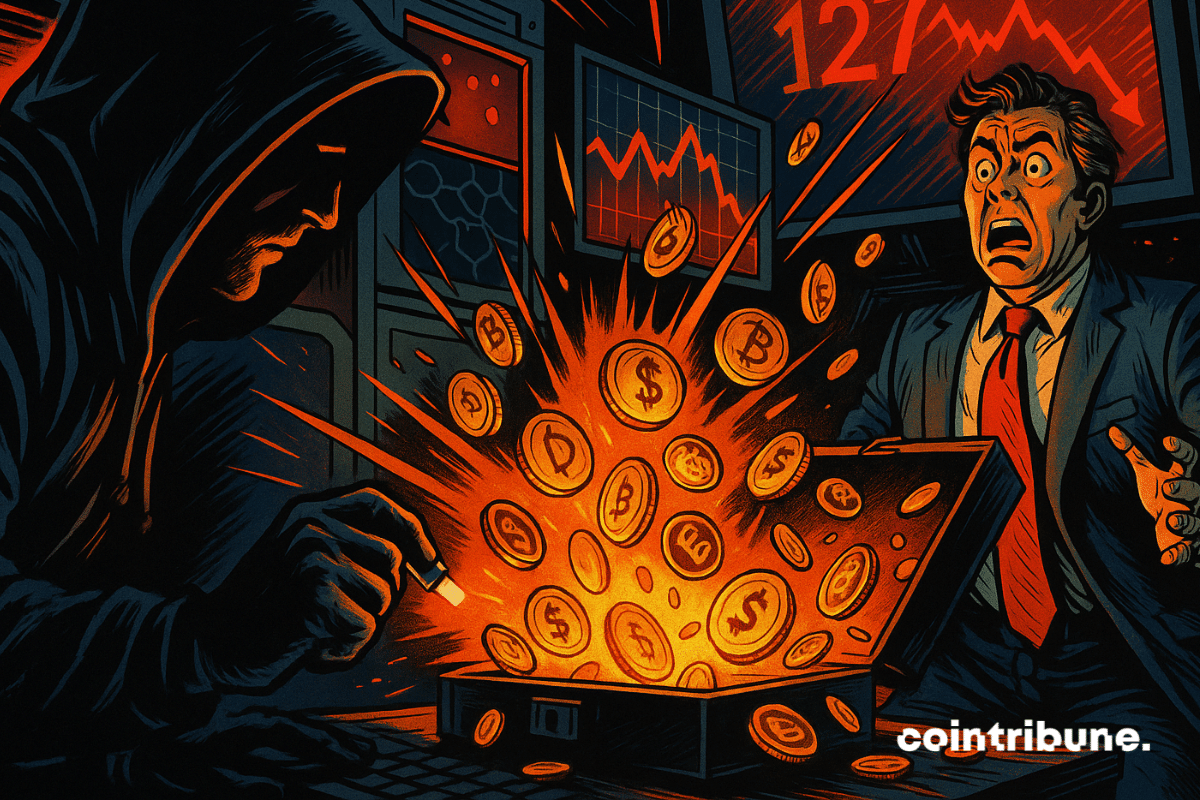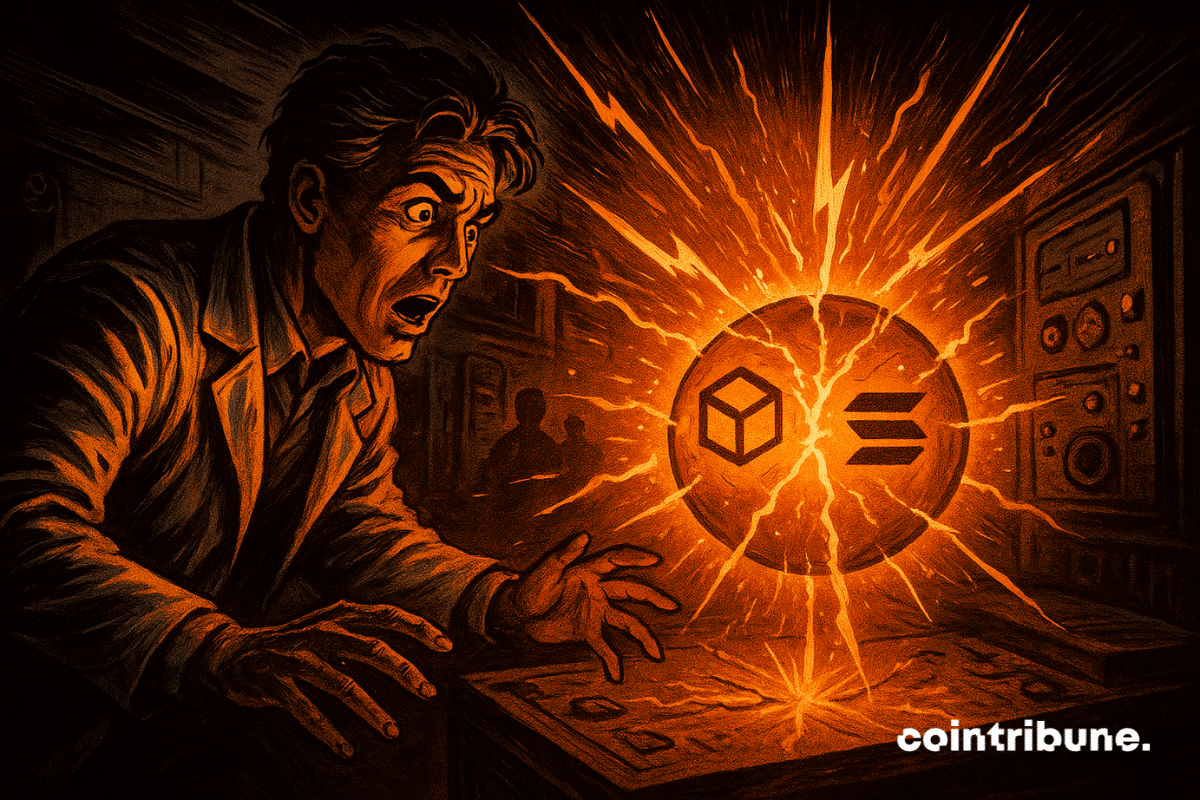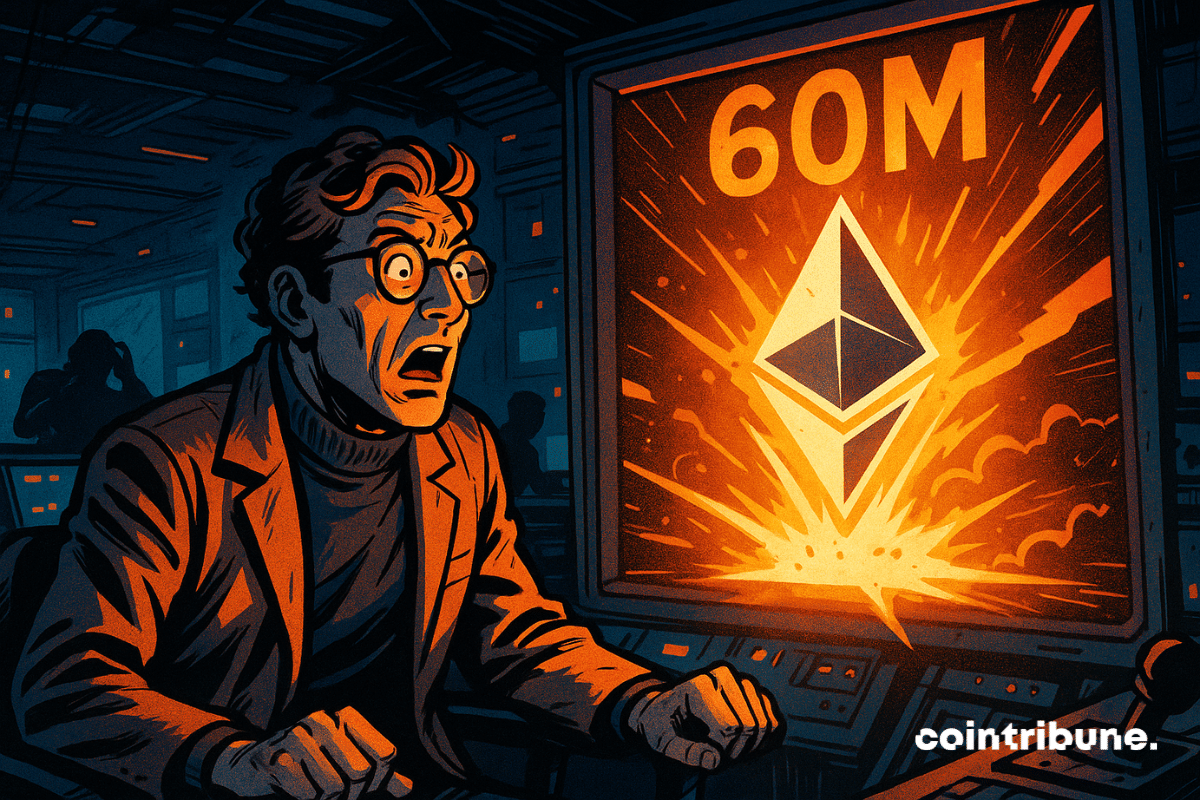Bitcoin’s Lightning Network has reached a new capacity record as major exchanges add more funds and developers roll out new tools. At the same time, an upgrade to Taproot Assets is pushing Bitcoin closer to supporting multiple asset types on its base ecosystem.
Tech News
Following the resounding success of its 2025 edition, WAIB Summit Monaco proudly announces its return on June 9–10, 2026, at the prestigious One Monte-Carlo, located in the heart of Monaco’s iconic Casino Square.
Solana has resisted one of the most intense DDoS attacks ever recorded on a public blockchain, peaking at 6 terabits per second. The network remained stable, with no interruptions or notable degradation. This inadvertent test, occurring amid recurring technical tensions in the ecosystem, marks a turning point. Long criticized for its instabilities, Solana today shows robustness that could change its position in the hierarchy of decentralized infrastructures.
Algorithms decide what we see, but according to which rules? Vitalik Buterin, co-founder of Ethereum, directly challenges Elon Musk and denounces the opacity of X (ex-Twitter). In a context of mistrust towards centralized platforms, he proposes a radical alternative: auditing X’s algorithm thanks to blockchain and ZK-proofs. A strong stance that revives the debate on the governance of social networks in the Web3 era.
During his notable appearance on The Joe Rogan Experience on December 3, 2025, Jensen Huang delivered a striking assessment. The head of Nvidia (NVDA), now the world's most valuable company at $4 trillion, considers artificial intelligence to be a new industrial revolution. But this revolution comes with major security challenges.
Suspicions turn into numbers. Two studies published in Science and Nature confirm that AI chatbots, similar to those everyone uses, can shift voting preferences by several points, up to about 15% in controlled scenarios.
A bug, a tweet, and here is Vitalik philosophizing while Ethereum wavers: could decentralization be a disguised monoculture? Prysm coughs, the blockchain sneezes... and doubt sets in.
The crypto market is booming: Polygon activates an update that could transform the entire ecosystem. All the details in this article!
Elon Musk and the EU face off in an unprecedented duel after a historic $140 million fine. Between tech regulation, geopolitical tensions, and American support, this clash redefines digital rules. Who will emerge victorious from this war?
Pressure is mounting ahead of Do Kwon’s upcoming U.S. sentencing as a federal judge reviews how his convictions relate to open cases in South Korea and Montenegro. The court is seeking clarity before deciding how long the Terraform Labs co-founder will stay in U.S. custody and whether his time abroad should factor into the final sentence.
Tether and other investors provided €70 million to Generative Bionics, helping the startup advance its AI-driven humanoid robots for industrial use.
On December 14, Bittensor, a decentralized artificial intelligence network, will reduce the issuance of its TAO token by half. Launched in 2021, the project combines blockchain, machine learning, and an incentivized economic model. This first halving marks a structuring milestone in its evolution, similar to the four-year bitcoin cycle.
As the DeFi protocol Balancer suffers a devastating $128 million hack in less than 30 minutes on November 3, 2025, the crypto industry faces an existential question: how can blockchain infrastructure defend against both today's sophisticated exploits and tomorrow's quantum threats? With DeFi protocols losing over $3.1 billion in 2025 alone, Naoris Protocol emerges as a pioneering solution, having processed over 98 million post-quantum transactions and mitigated 463 million cyber threats on its testnet. The protocol's innovative Sub-Zero Layer architecture and Dilithium-5 cryptography represent a fundamental shift in how the industry approaches security, transforming every device into a defensive node rather than a potential vulnerability.
At PEPE, memes were promised, not malware. The result? A hacked site, emptied wallets, and a resurrected hacking tool. Everything is swimming in crypto-cacophony!
A fake developer, real spies, and US tech trapped: arrested, Vong inadvertently revealed how Pyongyang hacks America without firing a single rocket.
Meta is preparing to cut its metaverse budget by up to 30%, a sign of a major strategic shift. Three years after making virtual reality its top priority, the company is now redirecting its investments towards artificial intelligence and augmented reality. A significant change of course for Mark Zuckerberg, who questions the future of the metaverse and immediately boosted Meta's stock in the market.
The Fusaka update nearly caused Ethereum crypto network finality to be lost. We give you all the details in this article!
Alphabet is back in focus after a Bloomberg report indicated rising investor confidence in its in-house semiconductor strategy. Interest in the company’s tensor processing units (TPUs) is reshaping expectations for future revenue and altering market sentiment. Many investors now see the chip program as a potential long-term growth driver, not just a tool used within Google Cloud.
Bet on the victory of a candidate or a token from your crypto wallet? Trust Wallet believes in it strongly... If you don't win, at least you will have guessed the news.
Once reserved for human hackers, crypto scheming has found its master: AI, which digs the hole... directly into decentralized wallets, without asking for permission!
ZK Secret Santa uses zero-knowledge proofs to let users interact anonymously on Ethereum, keeping actions and identities private while ensuring fairness.
European regulators are increasing pressure on cybercrime networks as they target services that conceal the movement of digital funds. A coordinated action supported by Europol has taken down Cryptomixer, a long-running platform used to mask crypto transactions on the clear web and the dark web. Authorities report that the site handled more than a billion euros over the past decade and became a prominent method for laundering illicit proceeds.
An arithmetic bug, billions of tokens, a hurried hacker… and Yearn retrieving $2.4M in commando mode. In the crypto jungle, treasure hunts are intensifying.
Bitcoin is collapsing, miners are coughing, and some flee to AI: when digital gold turns into an electric burden under maximum stress!
A hacker, a forgotten division, and nine million vanished... The arithmetic falters, the vaults empty, and Yearn's coders mourn their yETH. Crypto drama or bad comedy?
TON and Telegram launch an AI that pays geeks to work without them knowing. Durov continues to challenge certainties with his GPUs... and his frankness.
Crypto faced a tough November, losing $127M to hacks and attacks, with DeFi platforms hit hardest and $45M recovered.
Since its launch, ChatGPT has boosted markets, reshaped businesses, and driven OpenAI’s valuation to $500 billion.
The Parisian studio Avicenne, already the author of a world first with the token bridge with transfer fees via Wormhole, is now tackling the cross-chain infrastructure between Qubic and Solana. A major advance to connect two previously isolated ecosystems.
At Ethereum, the gas never goes down! 60 million on the counter, and an engine ready to explode. Small validators will have to pedal faster than ever.
